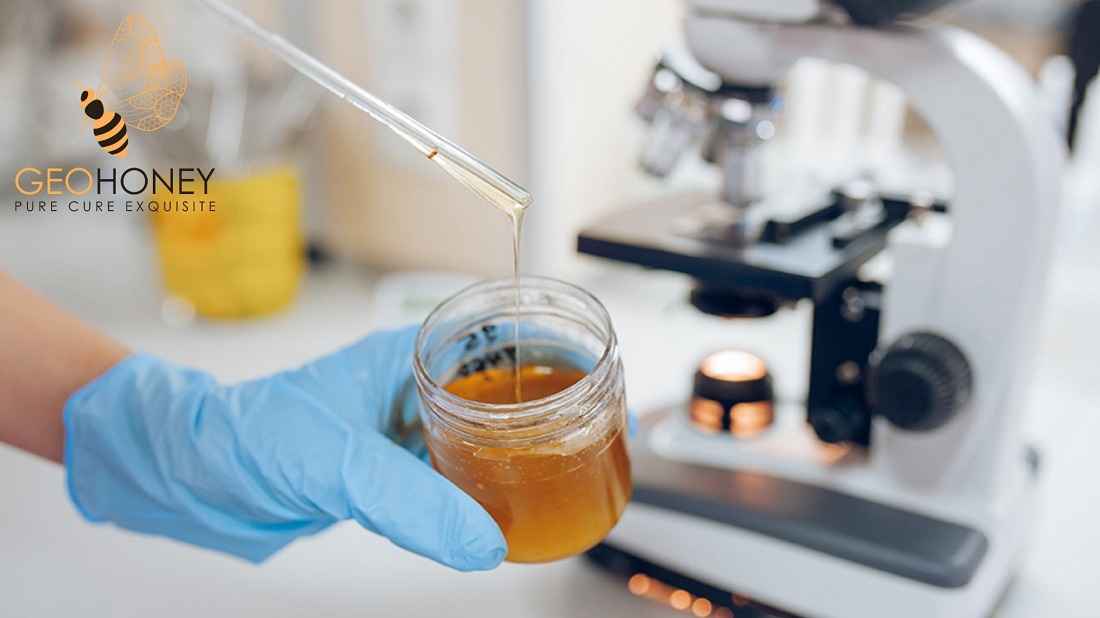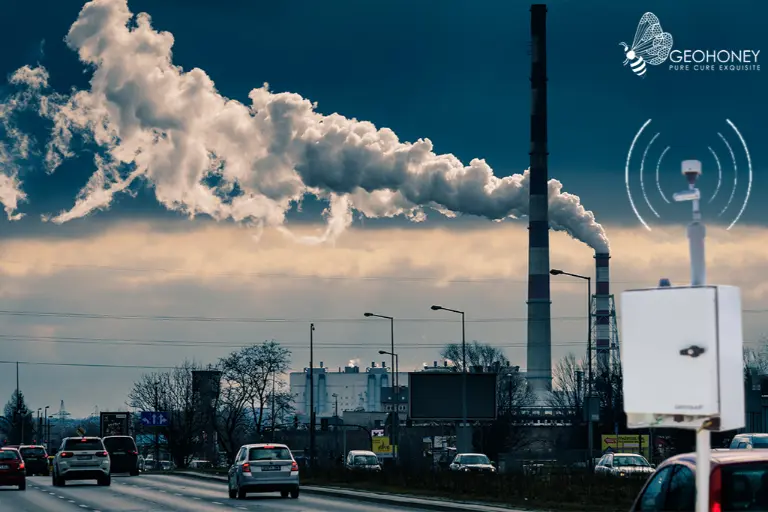- Tokyo: 20:40
- Singapore: 19:40
- Dubai: 15:40
- London: 11:40
- New York: 06:40
All UK Honey Tested in the EU Fraud Investigation Failed the Authenticity Test

A new European Commission investigation found that 46% of sampled products were suspected of being fraudulently adulterated with cheap sugar syrup. All ten honey samples from the United Kingdom failed the tests. They may have been blended or packaged in the United Kingdom, but the honey was most likely produced elsewhere.
This is not the first time that tests have indicated that UK consumers may be being cheated on their honey, despite supermarkets' claims that they routinely test honey and audit supply lines.
The government said this weekend that it was looking into the findings, but that there was no danger to food safety. According to officials, no single test can determine the authenticity of honey, and research is ongoing.
"Such practices defraud consumers and put honest producers in jeopardy as they face unfair competition from operators who can slash prices thanks to illicit, cheap ingredients," said the EU's anti-fraud office (Olaf).
The action was led by the European Commission's Directorate General for Health and Food Safety, in collaboration with the 18 EU food fraud network countries (which no longer includes the UK since Brexit). The Joint Research Centre (JRC), the commission's science and knowledge service, and Olaf also contributed.
The researchers tested 320 samples and discovered that 147 (46%) were suspicious, with "at least one marker of extraneous sugar sources detected."
According to the JRC report released last Thursday, honey imported from the UK had a 100% suspicion rate, which "could be the result of honey produced in other countries and further processed in the UK before re-export to the EU."
In 2022, the UK imported more than 38,000 tonnes of honey from its largest supplier, China, where sugar syrup adulteration is a known risk. Because country of origin labelling is not required for a blended product originating in more than one country, many shoppers are unaware that a cheap pot of honey likely originated in China.
Lynne Ingram, master beekeeper at Wesley Cottage Bees in Somerset, who is part of a group of beekeepers calling for better information for shoppers, said: "If you see honey for as little as 75p a jar, it's too good to be true." It's impossible for people to produce genuine honey at those prices.
"While this shocking report is only a snapshot, it revealed that nearly half of the honeys were adulterated, indicating that this is a growing problem." There is currently no proper enforcement or testing, and people can get away with it very easily."
Ingram recommended that shoppers choose honeys that state the country of origin on the label and, ideally, buy it from traditional local beekeepers.
A series of tests on supermarket honey in the UK revealed that samples may have been adulterated with sugar, including one in 2020 at a leading German laboratory that discovered eight of the nine samples were non-compliant. Retailers and the honey industry have contested the test results, and government officials have stated that more advanced testing technology is required.
"The UK is flooded with very cheap adulterated honey imported from China," said Arturo Carrillo, the Mexico-based coordinator of the international Honey Authenticity Network, which has conducted tests on UK supermarket honey indicating adulteration. What is disappointing is that the British authorities have been extremely hesitant to acknowledge and address this massive problem.
"If this study does not spark a broad and serious investigation in the UK, as it did in the EU, then the UK is either completely incompetent or complicit."
The government denies that honey imports are being adulterated on a large scale. It has previously stated that there is "insufficient evidence" to suggest fraud and that the enforcement is "fit for purpose."
"The UK government takes any type of food fraud very seriously, including honey adulteration," said a spokesperson for the Department for Environment, Food, and Rural Affairs. Adulterated honey has no place, as it undermines consumer trust and disadvantages responsible businesses.
We collaborate closely with enforcement authorities to ensure that honey sold in the UK is not adulterated, meets our high standards, and maintains a level playing field among honey producers."
Officials said they would look into the new study's findings to see if they were indicative of noncompliance.
Ten samples from the United Kingdom were suspected of containing low-cost sugar syrup.
"Our members work with suppliers to ensure the authenticity of their honey, conducting regular checks to ensure all honey they sell is as described," said Devina Sankhla, food policy adviser at the British Retail Consortium. Retailers support the ongoing development and harmonisation of techniques for detecting adulterated honey."
Source: theguardian.com




This is necessarily done to make sure that the honey we are taking is healthy and safe to take in.